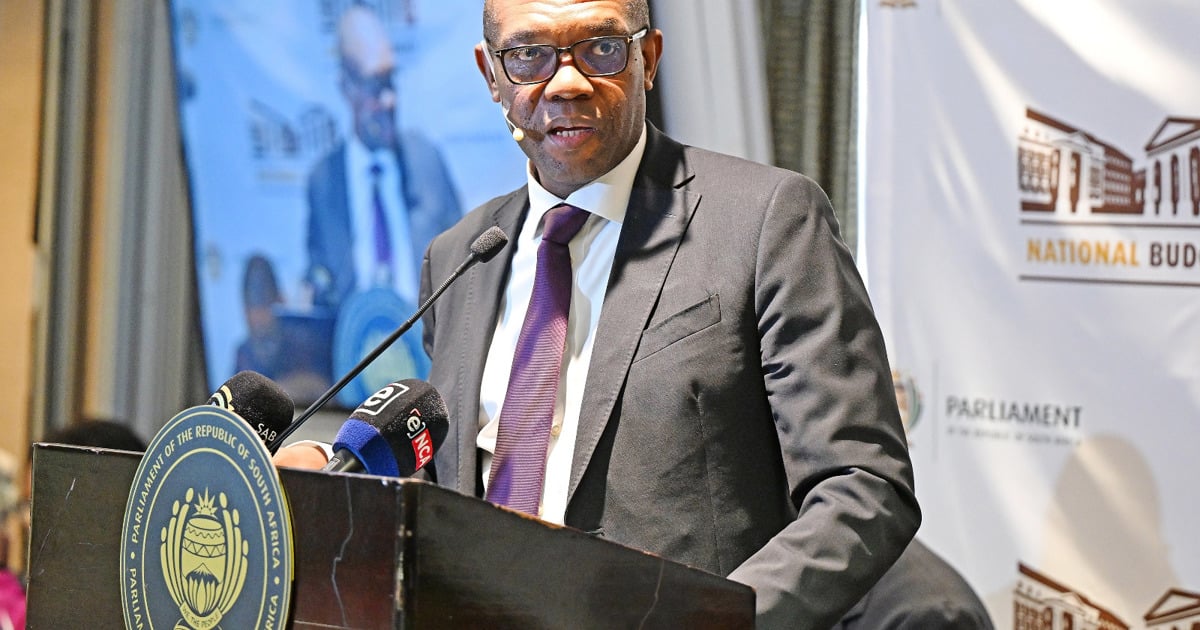G7 Finance Chiefs Stand Firm with Ukraine, Pledge to Ease Economic Jitters

New Delhi, India – In a show of unwavering solidarity, G7 Finance Ministers and Central Bank Governors concluded their recent meeting reaffirming their strong support for Ukraine amidst ongoing conflict with Russia. The discussions, held against a backdrop of global economic headwinds, also focused on mitigating anxieties surrounding trade policies and fostering a more predictable economic environment.
The G7, comprising Canada, France, Germany, Italy, Japan, the United Kingdom, and the United States, released a joint statement emphasizing their commitment to providing continued financial and economic assistance to Ukraine. This assistance aims to bolster the nation's resilience and facilitate its reconstruction efforts. The ministers acknowledged the devastating impact of the conflict on the Ukrainian economy and reiterated their resolve to work alongside international partners to address the humanitarian crisis and support long-term recovery.
While the meeting saw a delicate navigation of discussions surrounding U.S. tariffs – specifically avoiding a direct condemnation – the G7 collectively pledged to actively work towards reducing “economic policy uncertainty.” This commitment reflects a broader recognition of the need for stability and predictability in the global economy, particularly as nations grapple with inflation, supply chain disruptions, and geopolitical tensions.
“We are committed to safeguarding the resilience and stability of the global economy,” the statement read. “To this end, we will continue to monitor the global economic outlook closely and remain prepared to take further action as necessary.”
Addressing Inflation and Growth Concerns
The ministers also engaged in detailed discussions about the persistent challenge of inflation and its potential impact on global growth. While acknowledging that monetary policy tightening is necessary to curb inflationary pressures, they stressed the importance of carefully calibrating these measures to avoid triggering a sharp economic slowdown. They highlighted the need for coordinated policy responses, including fiscal measures, to support vulnerable households and businesses.
Furthermore, the G7 emphasized the importance of structural reforms to enhance productivity and boost long-term economic growth. These reforms include investments in education, infrastructure, and innovation, as well as measures to promote competition and reduce barriers to trade.
Focus on Climate Change and Debt Sustainability
Beyond immediate economic challenges, the meeting also addressed longer-term priorities such as climate change and debt sustainability. The G7 reaffirmed its commitment to achieving net-zero emissions by 2050 and pledged to mobilize the necessary financial resources to support the global transition to a low-carbon economy. They also discussed ways to strengthen the international debt architecture and provide debt relief to vulnerable countries facing unsustainable debt burdens.
The G7’s unified stance on Ukraine and its commitment to addressing global economic challenges underscore its continued importance as a forum for international cooperation. As the world faces an increasingly complex and interconnected set of risks, the G7’s role in promoting stability and fostering dialogue will be crucial.
Looking Ahead
The next G7 Finance Ministers and Central Bank Governors meeting is scheduled for [Date], where they are expected to further assess the global economic outlook and discuss policy responses to emerging challenges. The focus will likely remain on supporting Ukraine, tackling inflation, and promoting sustainable and inclusive growth.




